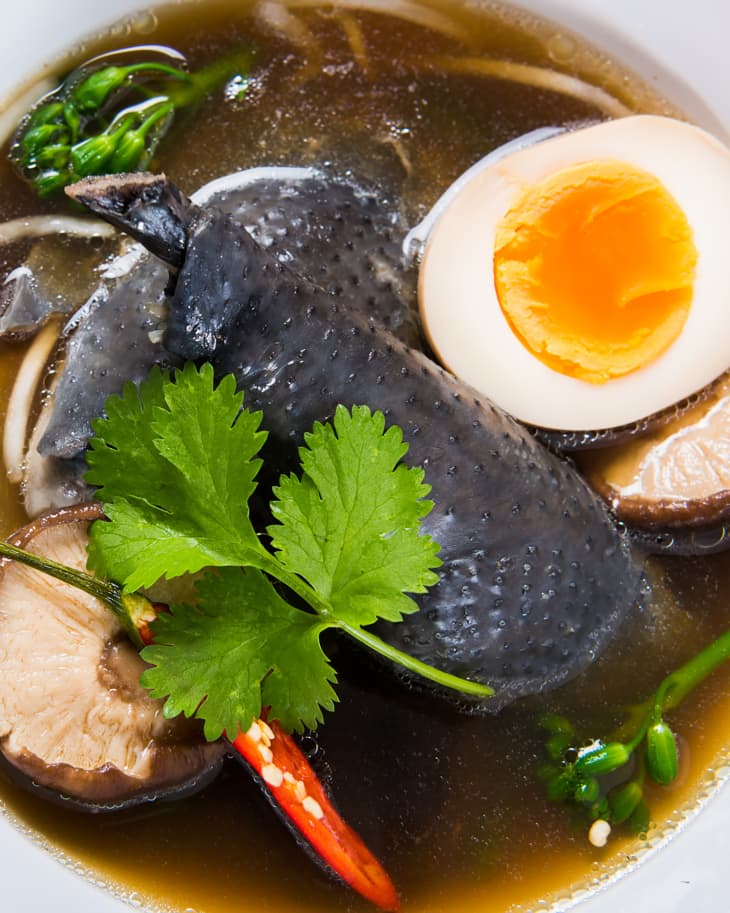What’s the Deal with Black Chickens?
Have you ever seen a black chicken? We don’t mean a black-feathered chicken; we mean a Silkie chicken, which is black-pigmented right down to its bones. They aren’t commonly found in the grocery store, but you might see them in Asian groceries. What are black chickens, and do they taste different than the paler breed?
What Is Black Chicken?
Black chicken is a variety of chicken known as a Silkie chicken. These Silkie chickens have black flesh and bones and white feathers. Silkie chickens are frequently seen in China, India, and Southeast Asia. Black chickens are slightly gamier in flavor compared to the more common varieties of chickens because they are typically free-range.
Silkie chickens are a highly prized breed of chicken that has beautiful silky white plumage, and startlingly black skin. They are frequently found in China, India, and Southeast Asia. They have a mild-mannered nature and make excellent pets, and you’ll often see them at poultry shows.
What Does a Black Chicken Taste Like?
The chicken flesh itself is a dark bluish-gray or even black, and the bones are black as well. But the meat really doesn’t taste different by nature; it’s just chicken. The one difference, however, comes from the way the birds are raised.
These obviously aren’t factory-farmed birds, raised on the enormous scale of U.S. poultry farms, so they’re almost invariably free-range and slightly gamier in flavor. In fact, if you’re looking for free-range and well-raised birds, choosing a black chicken is a good way to go.
Do you ever eat black chicken? How do you cook it? It seems that a roasted black bird would be slightly startling to guests; perhaps you’re better off with soup?
(Top image: Flickr member ~MVI~ licensed for use under Creative Commons; bottom image: Wikimedia)
